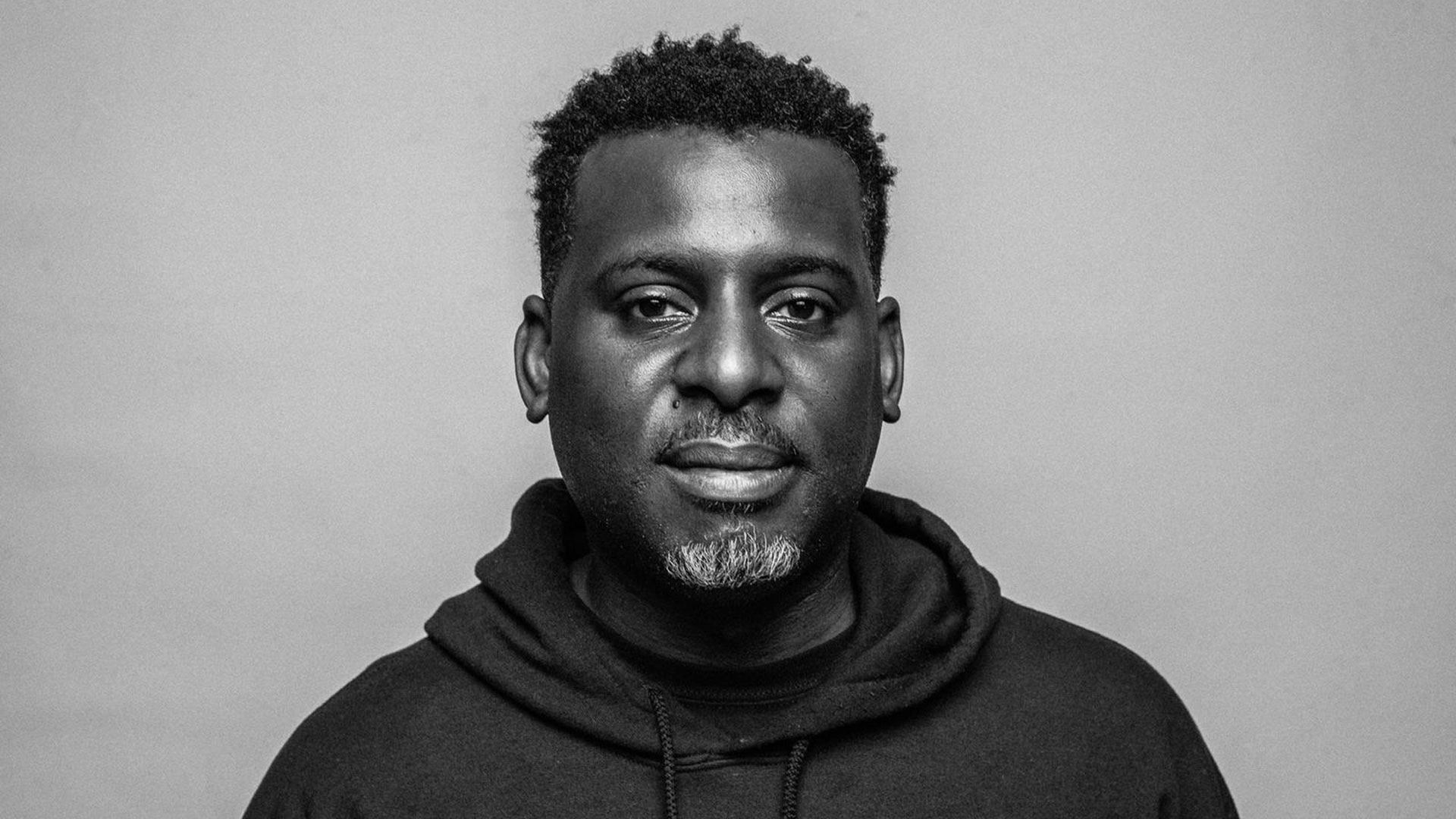More than 22 years after the Macpherson Report, Stuart Lawrence says the Met has still not sufficiently reckoned with its conclusions.
The Big Issue: You’ve just written your first book, Silence is Not an Option. In it you talk a lot about your brother. Why do you think it’s still important for people to remember what happened to Stephen?
Stuart Lawrence: Because we’re still learning those life lessons, aren’t we? We’re not at the point where we’re done. People losing their life because of these inequalities – it’s still happening. So we still need to talk about it.
Has there been progress since 1993?
That’s hard. I can give you some examples though. My great aunt was involved in the New Cross Fire riots and protests after that. [The New Cross Fire occurred during a party at a house in South-East London in 1981. The blaze killed 13 young black people. The black community accused the London Metropolitan Police of covering up the cause, which they suspected was an arson attack motivated by racism.]
She then also bore witness to the protests and the riots and the troubles that came after Stephen was [killed]. Now she’s also prevalent in the BLM movement that’s now started after George Floyd.
Advertising helps fund Big Issue’s mission to end poverty
They are three massive points in cultural relevance. At the first one, she talks about the New Cross riots that she said were mostly black. There weren’t a lot of white people there at that point.
When we move on to Stephen, she said it was encouraging to see there was more of a mixed crowd. She would say it was more like 70 per cent black people, 30 per cent white people.
Now, when you look at the BLM movement, that’s almost 60 per cent white people, 40 per cent blacks.
I don’t like to use the word minority. But three per cent of this country is black people. We are talking about a proportion of society that could never win a fight by themselves. We do need other allies, difference makers, people that want to join us and speak up on our behalf when we’re not there.
Does the fact that there are more allies now show we’re going the right way?
Advertising helps fund Big Issue’s mission to end poverty
Definitely. But we need to continue that. And it’s not just the lip service thing. It’s about the doing.
In Finland, the government is five women, from five different political parties. They’re looking at how laws that were written 200 years ago are not relevant to the country that they run right now. How brave, how courageous, how encouraging is that?
They’re not going to lose their identity. It isn’t going to mean that they’re not Finnish people. But it’s looking at the things that don’t work now, for the people that live there now.
That’s what we’re afraid to do. To have that conversation. I understand it. It’s tradition. It’s the way we’ve always done things. If we change that, we lose ourselves. You know, if Black Rod doesn’t bang the door before Parliament starts… who are we, if we don’t have those procedures and those rhetorics?
Maybe we could be better people.
If you do something wrong, or you make a mistake, don’t lie. Tell the truth. We can deal with it and then we can move on.
What did you make of the police response to the Sarah Everard vigil?
Advertising helps fund Big Issue’s mission to end poverty
I do a bit of consultancy work for the Met Police. I am trying to help them, but things keep happening that make me go, why should I? Why should I try and help?
I’ve been to police training headquarters and heard them being sworn in. It does say to serve and to protect the public. That’s what they swear an oath to. And then you see scenes like that coming out of Clapham, and you think, how are you serving and protecting us?
I wouldn’t want to be a police officer. There are good people inside the police service who are trying to make a difference. But it only takes one or two to give the impression that there’s problems there.
The important conclusion after Stephen died was that the police force was institutionally racist. Obviously, that’s different than it being a couple of people who have made mistakes. Have they tackled the ‘institutional’ element?
When Sir William Macpherson delivered his report, [then Commissioner of the Metropolitan Police] Sir Paul Condon never accepted that the Met Police was institutionally racist.
I tell my son all the time: if you do something wrong, or you make a mistake, don’t lie. Tell the truth. We can deal with it and then we can move on.
Advertising helps fund Big Issue’s mission to end poverty
Condon didn’t own up to it. So, when Cressida Dick comes out and says, “We are no longer institutionally racist” I start scratching my head.
When did you say that you were institutionally racist? When was that point, so that we could draw the line in the sand and say, that’s where it was and now we’re moving forward from this point? That’s what needed to happen. It hasn’t happened yet.
Stuart Lawrence’s book Silence is Not an Option: You Can Impact the World for Change is out now (Scholastic, £14.99)









